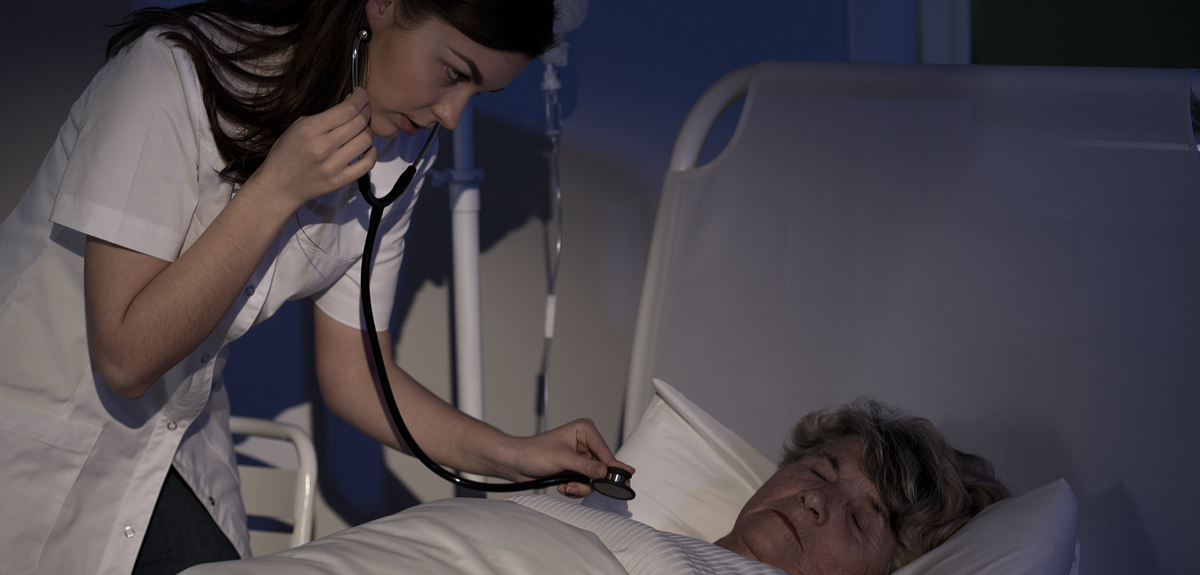Despite an assessment in 2007 that night shift work was probably carcinogenic, data from three new studies and a review of currently available evidence indicate that night shift work has little or no effect on breast cancer incidence.
The work was led by Oxford University and is published in the Journal of the National Cancer Institute.
In its 2007 review, the World Health Organization's International Agency for Research on Cancer categorised shift work that involves disruption of the circadian rhythm, people's internal 'body clock', as a probable carcinogen. This was based on evidence about breast cancer in animal studies. At the time, there was only limited evidence about breast cancer risk in humans.
To examine whether night shift work could increase women's risk of developing breast cancer, Dr Ruth Travis and colleagues from the Cancer Epidemiology Unit at Oxford followed a total 800,000 women in three large UK studies and estimated the relative risks of breast cancer among women who reported night shift work versus no night shift work.
Overall, 522,246 participants from the Million Women Study, 22,559 EPIC-Oxford participants, and 251,045 UK Biobank participants answered questions on shift work and were followed for incident cancer. No increase in breast cancer risk associated with night shift work, including long-term night shifts, was found in any of these studies.
In a meta-analysis of the worldwide evidence, the authors combined results from the three UK studies with those from all seven previously published prospective studies (two in the USA, two in China, two in Sweden and one in the Netherlands). The ten studies included a total of 1.4 million women, among whom 4,660 breast cancers occurred in women who reported ever having done night shift work.
Dr Travis said: 'We found that women who had worked night shifts, including long-term night shifts, were not more likely to develop breast cancer, either in the three new UK studies or when we combined results from all ten studies that had published relevant data.'
Compared with women who had not reported doing night shift work, the combined relative risks taking all ten studies together were 0.99 for any night shift work, 1.01 for 20 or more years of night shift work, and 1.00 for 30 or more years’ night shift work. In other words, the incidence of breast cancer was essentially the same whether someone did no night shift work at all or did night shift work for several decades.
The research was funded by the UK Health and Safety Executive (HSE), Cancer Research UK, and the Medical Research Council, and used the UK Biobank Resource.
Professor Andrew Curran, HSE's Chief Scientific Adviser, said: 'Breast cancer is the most common cancer in women, so it was vital for us to fund work in this area to establish if there is a link to night work.
'In Great Britain, there are 2 million women – about one in six female workers – who are currently working in some type of shift work, and over half a million of them are working in shifts that involves night work.
'This study has shown that night shift work, including long-term night shift work, has little or no effect on breast cancer incidence in women. However, there are a number of other known risks with shift work that employees must take into consideration when protecting their workers' health and safety.'
Professor Cathie Sudlow, UK Biobank Chief Scientist, welcomed the finding, which she said would reassure many thousands of women: 'The work demonstrates the power of very large, well-designed studies to answer important questions where previous evidence has been unclear. This study is also a landmark for UK Biobank, since it is the first time that associations between potential risk factors (in this case working nights) and new cases of cancer developing during follow-up have been published using UK Biobank data. We expect many further findings to emerge from UK Biobank alone, as well as from combining its data with other major studies, such as the Million Women Study and EPIC. Collaborative efforts like this will advance our understanding of a wide range of diseases more quickly and help find new ways to prevent and treat them.'
